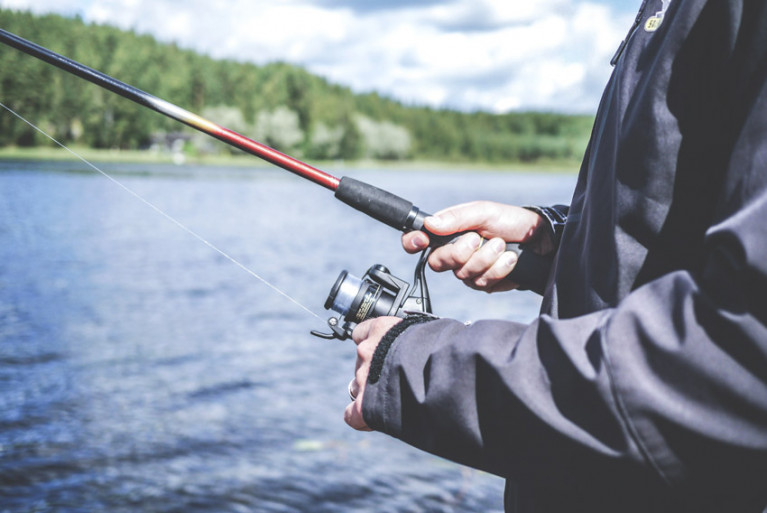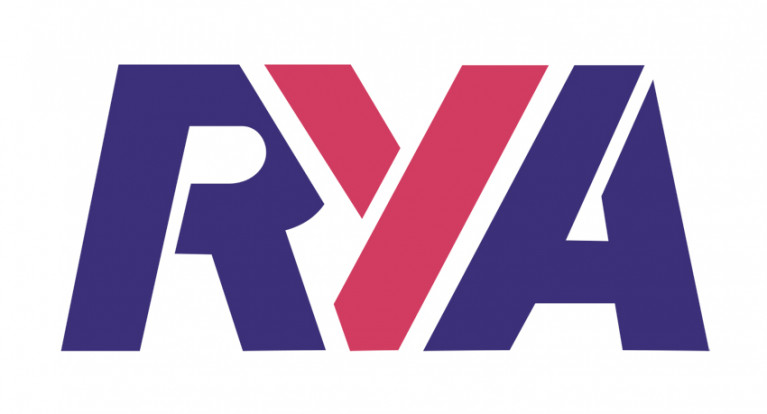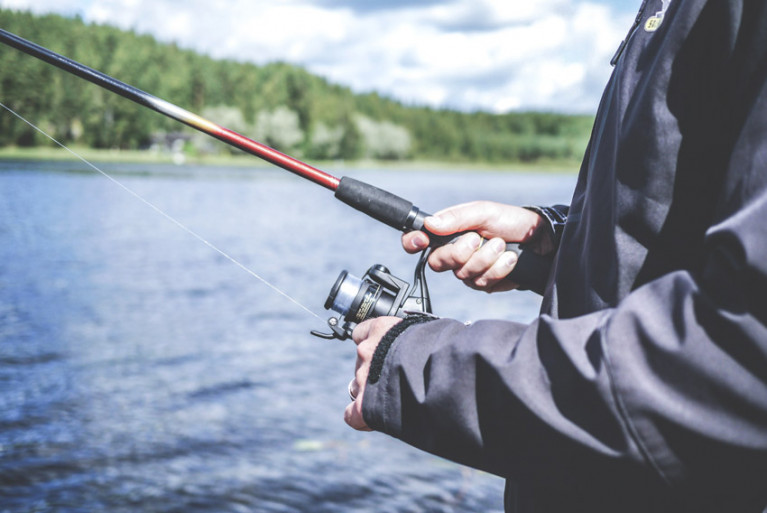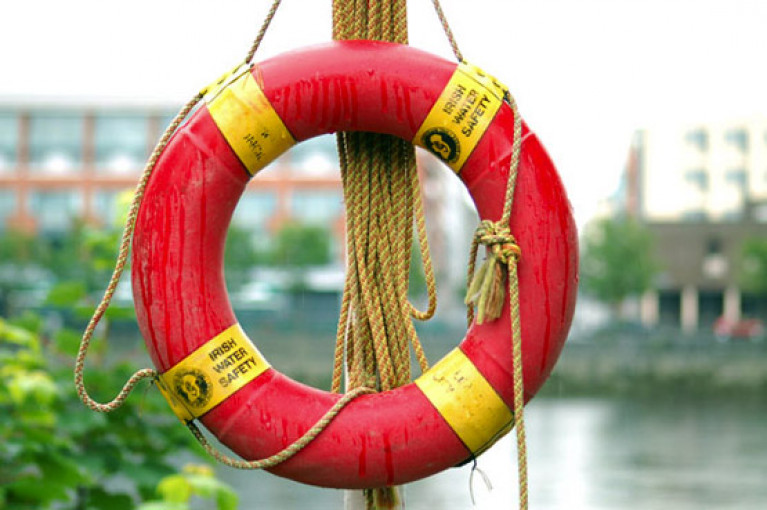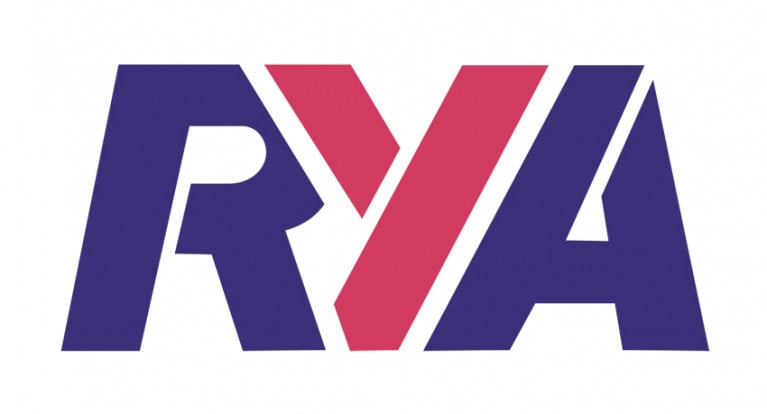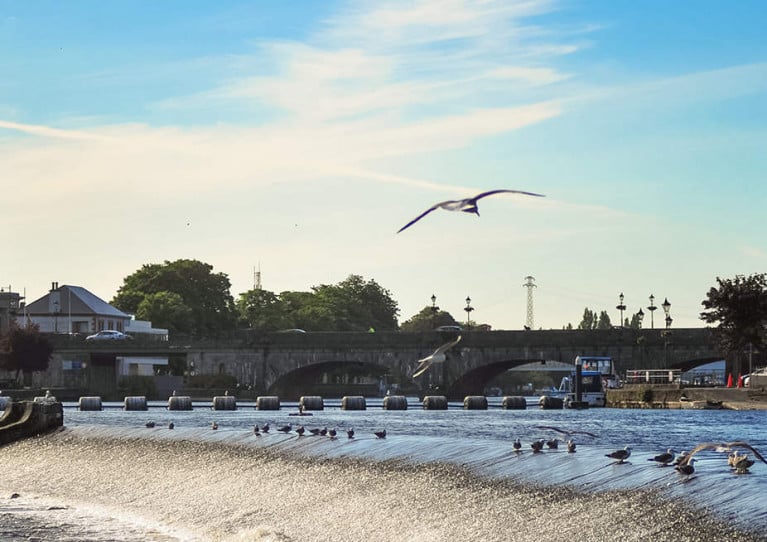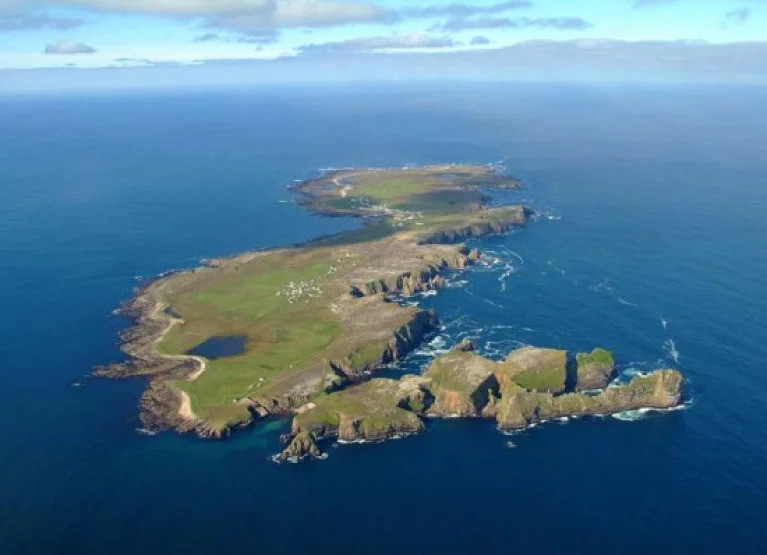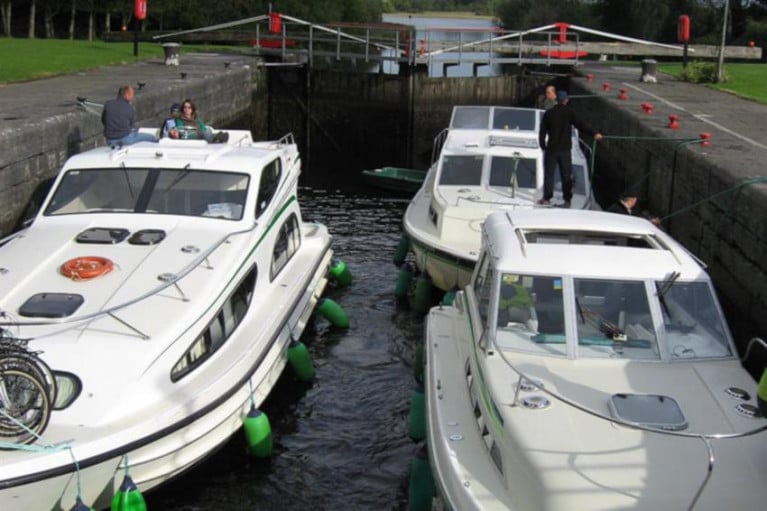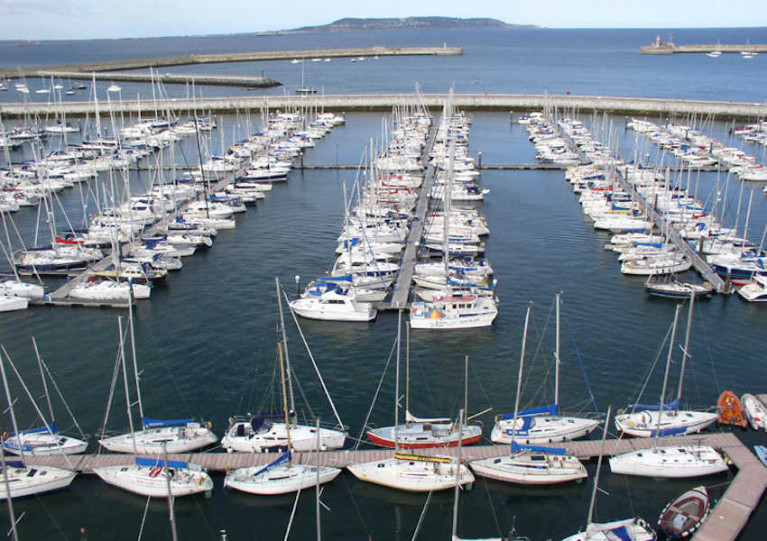Displaying items by tag: Coronavirus
Loughs Agency chief executive Sharon McMahon has contacted anglers, angling clubs, fisheries and angling governing bodies to update them on the impact of Covid-19.
The letter urges the angling community to follow the guidance provided and to keep up to date with the latest advice from the Public Health Agency (PHA) in Northern Ireland and the Health Service Executive (HSE) in Ireland.
In her letter dated Friday 3 April, McMahon notes the guidance from governments north and south regarding the circumstances where members of the public may leave their homes at this time.
“One of these is to take exercise, either alone or with other members of their household. The only forms of exercise permitted [in the UK at this time] are walking, running or cycling,” she says.
“Angling, like many other forms of recreation, is not specifically mentioned as a form of exercise, therefore we would urge you not to go fishing at this time – this includes Loughs Agency’s permit waters on the River Finn, River Foyle and at the Greenbraes.
“We thank those anglers who are already adhering to this advice and we will continue to review government guidance as it is issued.
“While we hope these restrictions won’t last long, we must all do what is asked of us by government and work together to fight this pandemic.
“This is about saving lives and supporting our healthcare systems and frontline staff. The agency is encouraged by private fisheries closing during this pandemic and heeding government advice.”
The statement from the Loughs Agency comes after Stormont’s fisheries minister Edwin Poots closed all state-owned angling waters in Northern Ireland, with those owned by NI Water following suit.
Loughs Agency offices remain closed but staff are working remotely where possible and anglers can engage by phone or email.
As Derek Evans writes in his latest angling column for The Irish Times, there are as yet no specific restrictions on angling in the Republic, but permit and licence sales have been paused, and “those intending to fish must adhere to the latest precautionary advice on coronavirus”.
Sailing clubs and centres in England are already beginning to benefit from the £22 billion grant and business rates package recently announced by the Chancellor Rishi Sunak, the RYA says.
Businesses in the retail, hospitality and leisure industry, such as RYA-affiliated sailing clubs and recognised training centres, will be eligible for a one-off grant payment dependant on their rateable value.
Those with a rateable value of less than £15,000 will receive £10,000 and those clubs with a rateable value of between £15,000 and £51,000 will be provided with a grant of £25,000.
Business rates in England have also been suspended for the next 12 months — though devolved administrations in Wales, Scotland and Northern Ireland set their own rates, and their measures if any may involve a reduction rather than a suspension.
It is understood that local authorities may be contacting businesses either via letter or by email this week. As the clubhouse is usually the registered business address for sailing clubs, this may cause a delay in receiving notification due to the current travel restrictions.
The RYA suggests that sailing clubs and training centres should contact their local authority and ask for any communication to be sent via email instead, or for any essential letters to be temporarily re-directed to a more convenient address.
IMDO Remains Open For Business With Staff Working Remotely
It’s business as usual at the Irish Maritime Development Office — albeit remotely for now to protect employees, clients and stakeholders amid the ongoing Covid-19 pandemic.
The IMDO says it is firmly committed to supporting the Department of Transport, Tourism and Sport, the Marine Institute and the maritime industry, including the ports and shipping companies, during this turbulent period.
For queries on how the IMDO can assist, get in touch via email [email protected] and you will be put in touch with the right person who can help.
Meanwhile, the IMDO urges everyone to please continue to take every precaution necessary to protect yourself, your family and loved ones, and anyone you interact with.
Stormont Minister Closes Northern Ireland’s Angling Waters In Efforts To Control Covid-19
All DAERA angling waters in Northern Ireland have been closed with immediate effect in efforts to control the spread of Covid-19, as the Newry Times reports.
The confirmation comes from Edwin Poots, Stormont’s Minister for Agriculture, Environment and Rural Affairs, who said: “The message is clear to our anglers, many of whom are in the older age group, stay safe – stay home.”
While NI Water supports the minister’s stance for angling waters under its purview, the Loughs Agency has not yet moved to close the Foyle and Carlingford areas to local anglers.
But it said anglers, angling clubs and fishery owners in advised to adhere to UK Government and Public Health Agency advice and new regulations under which no one may leave their home without ‘reasonable excuse’, such as shopping for food and medicine, or travel for key work.
Water Safety Ireland has warned that children are at greater risk of drowning during the current period of Covid-19 restrictions.
The organisation points out that over half a million primary school-age children are confined to an area within 2km of their home.
And in many cases, any number of streams, rivers, canals, ponds, slurry and rainwater collection tanks, bog holes, wells, lakes and the seashore can be found within this distance.
“From our research, six out of 10 drownings occur at inland water sites and eight out of 10 drownings occur close to the victim’s home,” Water Safety Ireland says.
“It is essential that parents maintain constant, responsible and uninterrupted supervision on their children to ensure they don’t gain access to these real hazards.”
The water safety charity added that while children are at home, families can take the opportunity to teach them how to stay safe near water by using the free resources available online from the PAWS (Primary Aquatics Water Safety) programme.
In an emergency, call 112 and ask for the coastguard.
RYA Urges British Boaters To Think Again Before Cancelling Payments & Support Local Networks
British boaters are being encouraged to support their local boating networks wherever possible during the ongoing Covid-19 pandemic.
As Boating Business reports, the RYA is asking people to think again before cancelling payments to sailing clubs, marinas, class associations and other marine-related bodies to support them through the lockdown period.
“During these hugely challenging times people are looking at where they can cut costs,” said RYA sport development manager Alistair Dickson.
“However, we would urge boaters to think carefully about whether they need to cancel direct debits, subscriptions or other payments as many organisations will be depending on this support to them through this difficult period.”
In Northern Ireland, the RYANI says it will “endeavour to keep meaningful engagement with all clubs and organisations” as it briefs Stormont on the challenges facing the NI boating community and calls for inclusion in Executive support packages.
Waterways Ireland Announced Closure Of Locks To Boat Traffic & Restricted Use Of Towpaths
Waterways Ireland advises all masters of vessels and users of Ireland’s inland waterways that the following closures are in place as of midnight last night, Monday 30 March:
- All locks on all navigations are closed until further notice.
- All service blocks are closed until further notice.
- The Winter Mooring period on the Shannon Navigation and Shannon Erne Waterway has been extended until Thursday 30 April. There will be no additional cost for this extension.
Waterways Ireland is encouraging all users of vessels on its navigations not to take part in any activity on the water in order to comply with the directions of both the Irish and British Governments.
Towpaths remain open but Waterways Ireland is encouraging locals who live in their vicinity to use them in accordance with Government guidelines for brief physical exercise, within 2km of their home, always observing social distancing protocols.
Where towpaths are likely to be busy, users are asked to restrict use, where possible, and only use those towpaths which are local, quiet and largely free of moored vessels.
Waterways Ireland confirms that operational staff, water patrollers and lock keepers will continue to undertake essential management of water levels, and any emergency works that may arise, under strict social distancing protocols.
In a statement, Waterways Ireland said: “We are aware of the potential impacts for the community of these decisions, and the difficulties this may present. At this time we would normally see the season kicking off and people de-winterising their craft and finishing off maintenance to be ready to get out on the water.
“These measures are being taken to support the national effort in keeping people safe, protecting our staff, colleagues, partners and everyone who visits, or lives on and around our canals and river navigations. We will continually review such measures in light of direction and advice from Government and health professionals and any decisions on service provision will be communicated.”
In the meantime, work continues on Waterways Ireland’s Heritage Plan 2016-2020, as well as the cross-border body’s Learning Zone online portal to assist families home schooling. Waterways Ireland can be contacted by email at [email protected] or by phone.
Unexpected Yacht Arrival Troubles Tory Island Residents
RTÉ News reports that Tory Island residents sought the assistance of gardaí and the Irish Coast Guard after a yacht berthed unexpectedly at the Co Donegal island’s pier last night (Friday 27 March).
The yacht’s four crew were spoken to by the local coastguard unit and reminded of the updated measures to curb the spread of Covid-19, which include limiting travel to offshore islands only to residents.
Personal Use Of Vessels For Leisure Purposes Now Prohibited
In a statement to its members, the Inland Waterways Association of Ireland (IWAI) confirms that personal use of vessels for leisure purposes is now prohibited under the Government’s added restrictions on movement to combat Covid-19.
“All citizens on the island must now stay at home except in the most limited of circumstances as determined by the governments in both jurisdictions,” said the preservation group for all of Ireland’s working inland waterways navigations.
Following the Taoiseach’s address to the nation last night (Friday 27 March), the IWAI also emphasises that “face-to-face meetings, such as branch meetings, must be postponed” until at least after Easter Sunday.
“Where branch committees wish to continue to perform their duties, this can only be done using technology to manage meetings rather than face-to-face … All planned indoor gatherings must be postponed.
“All outdoor gatherings are banned, therefore all cruises in company, rallies and work parties must be postponed.”
Dun Laoghaire Marina has been closed to berth-holders with immediate effect, following the Taoiseach’s announcement last night (Friday 27 March) of more measures restricting movement to slow the spread of Covid-19.
In a statement sent out following Leo Varadkar’s address to the nation, Dun Laoghaire Marina general manager Paal Janson confirmed that the facility is now “shut completely, as directed by the Government, for a period of 14 days” from midnight this morning, Saturday 28 March until Easter Sunday, 12 April.
He added: “There will be no access to berth holders, contractors or any visitors. Fuelling for boats will cease for this period also. The marina will maintain access for necessary state and emergency service vessels, etc.”
In addition, new travel restrictions have been extended to “the arrival of personal non-national maritime leisure vessels is banned (except to exceptions as ‘port in a storm’)”, according to the Government.
Janson continued: “Marina staff come under the category of essential workers and will be present at the marina throughout this period. Your boats will be checked daily and staff will deal with any issues that arise. We will be contactable throughout on [email protected] and 01 2020040.
“We are now about to sail into the worst of this storm and it’s time to heave-to and weather it as best we all can. We respectfully ask that you follow Government guidelines and stay at home.”
Prior to the Taoiseach’s address, the Royal Cork Yacht Club announced the cancellation of Cork Week this July and all planned Cork300 events from now until August, while the Department of Transport issued guidance to the maritime industry on measures in response to the virus.


























